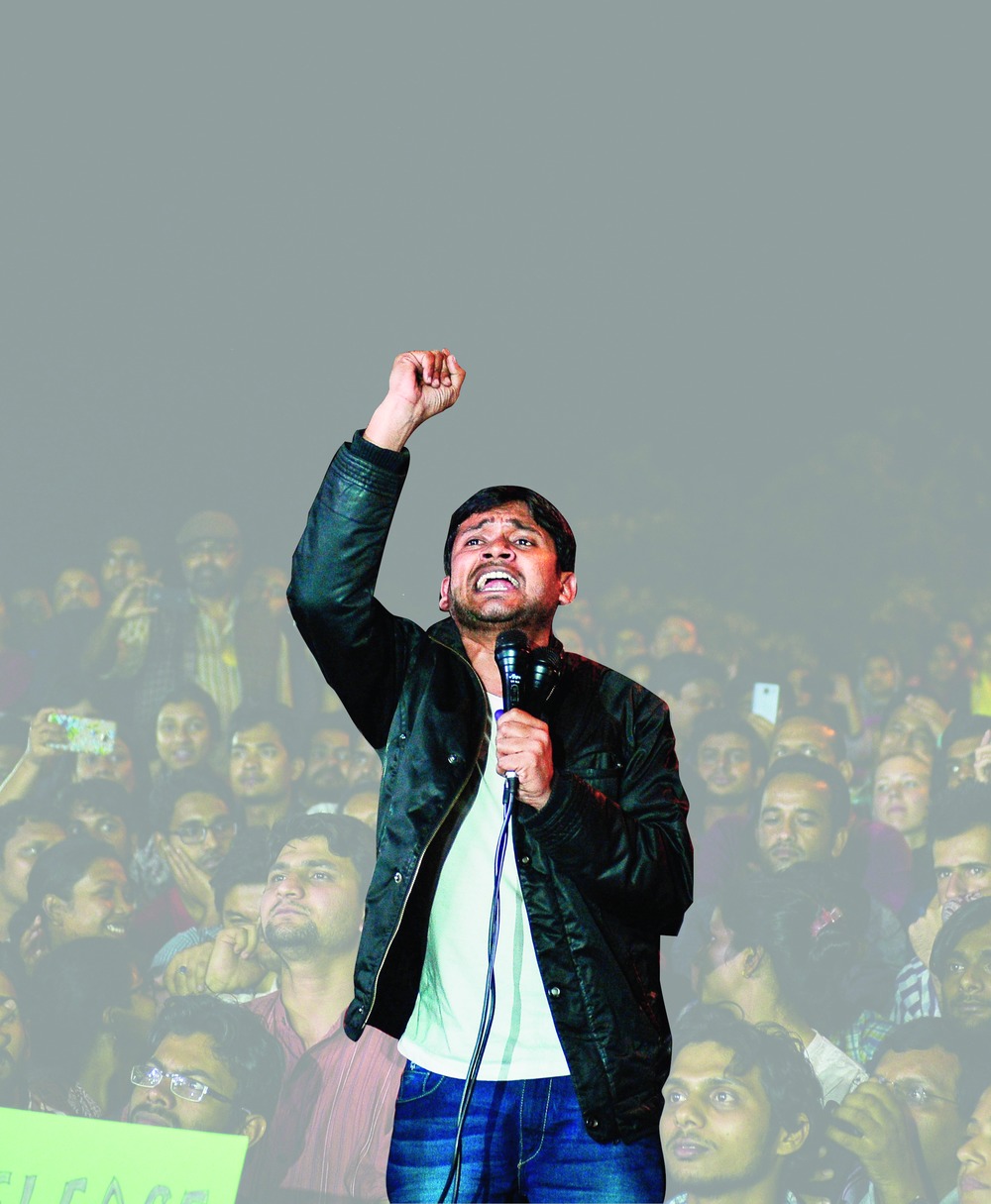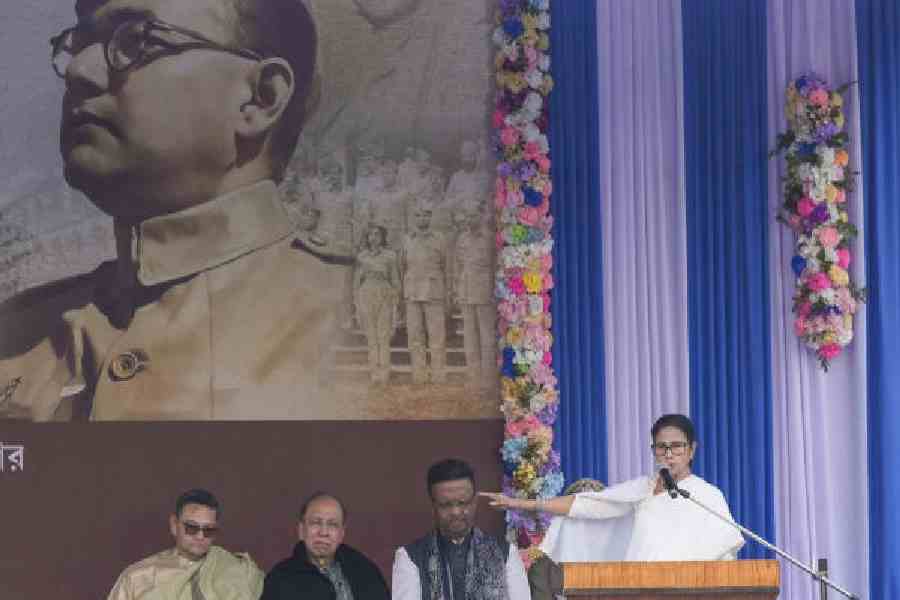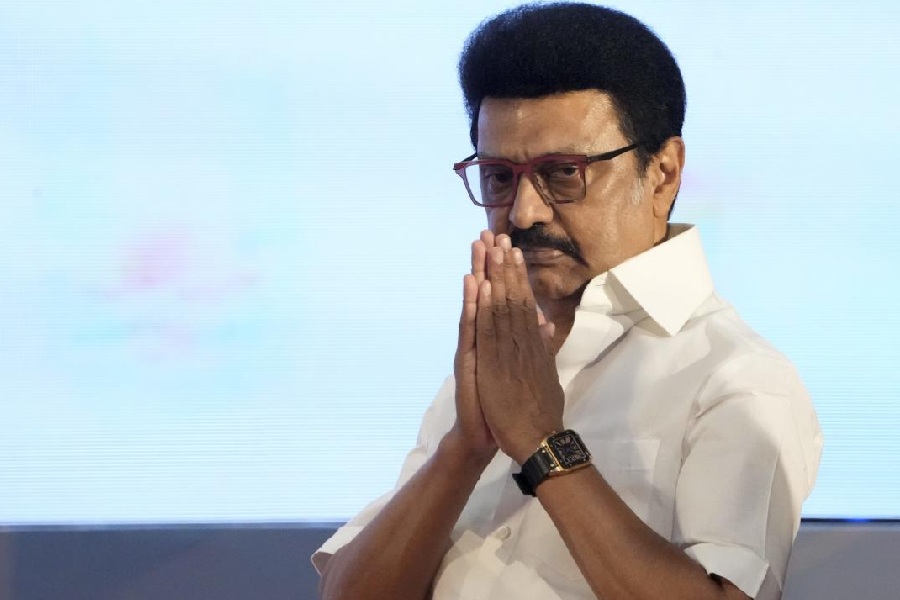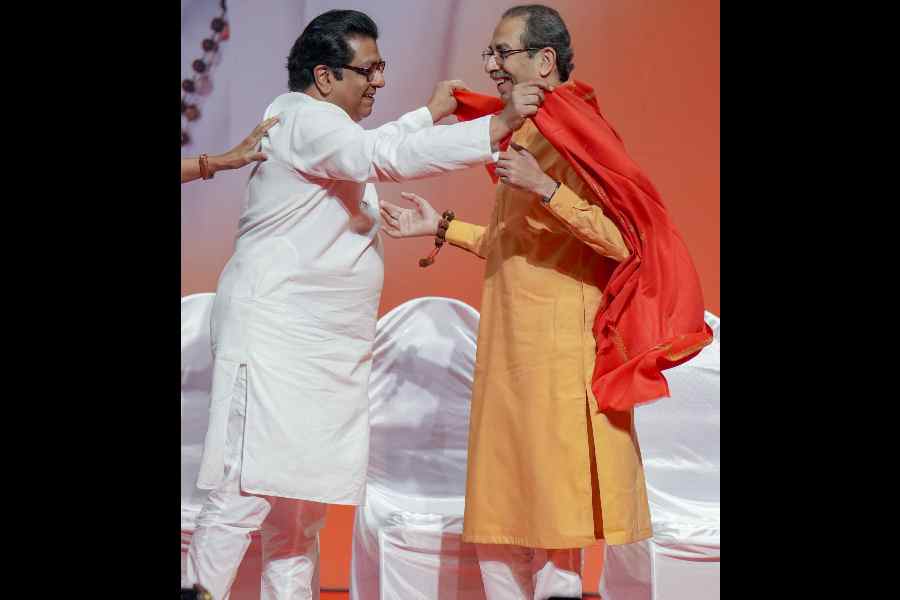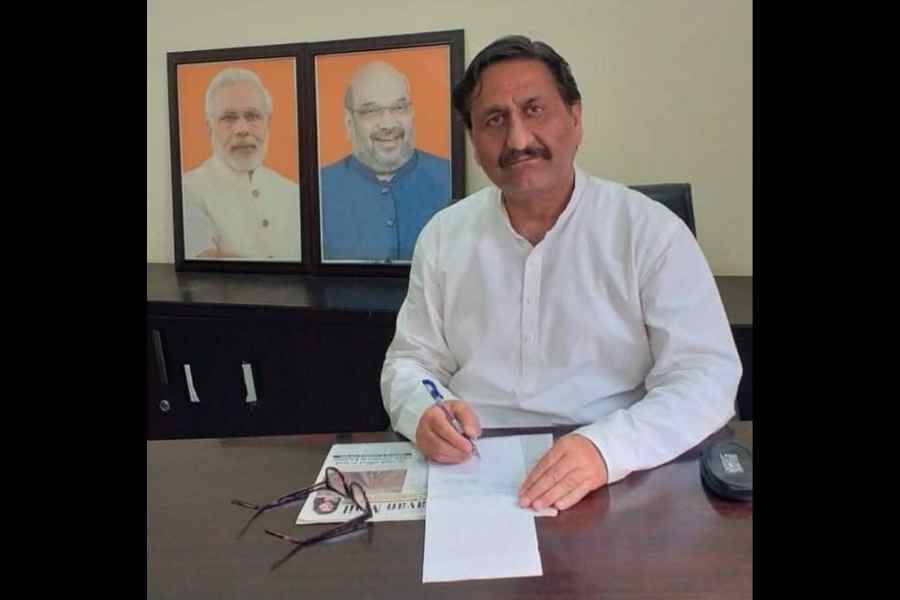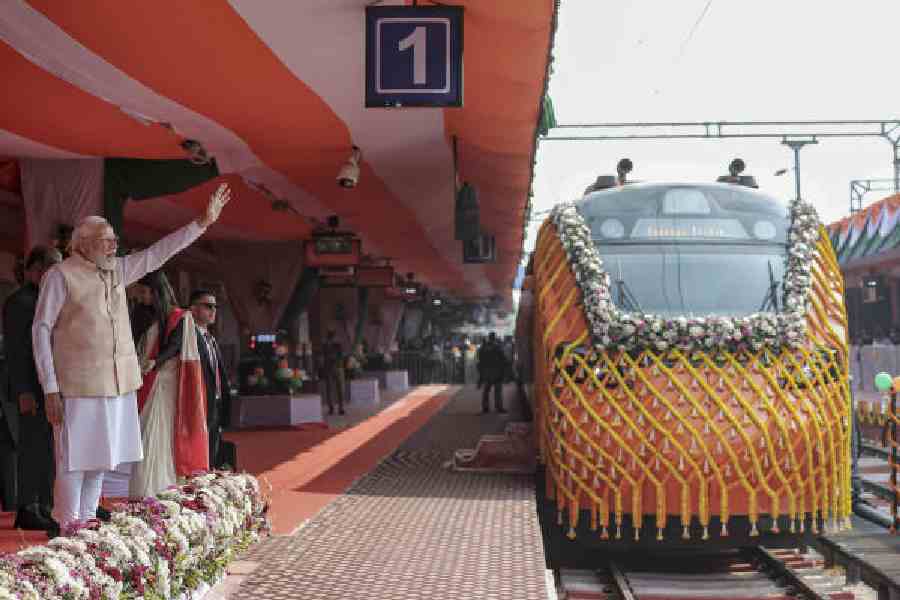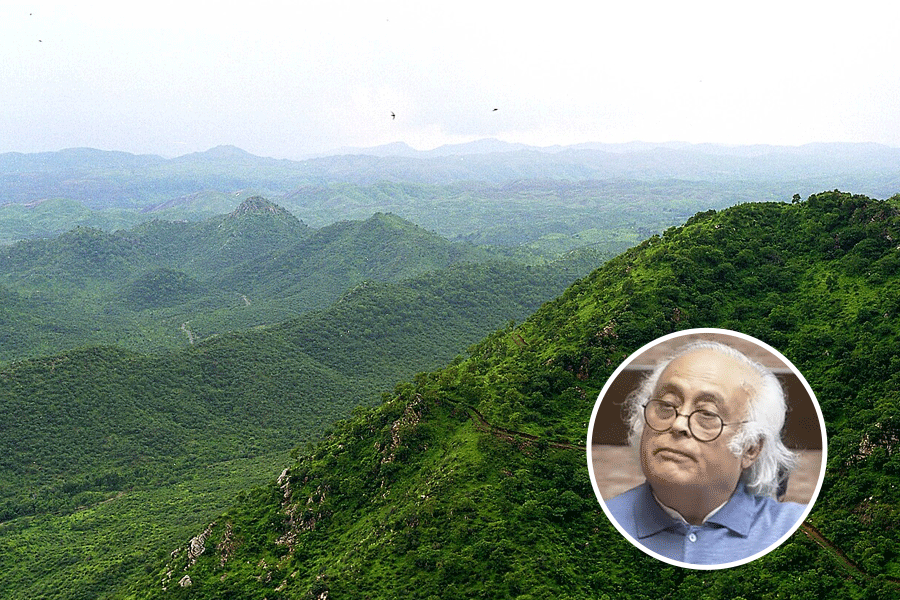
Dear Reader, It was March 2016. I had been released from the Tihar jail just a few days ago. Everything had suddenly changed in my life.
I had already given more than 300 interviews and many others were lined up for upcoming days. The questions were almost the same but the interpretations of my answers were different. Some of them were literally funny, while some others were irritating. Words, undoubtedly, play a very important role in conveying what you exactly want to say. People from all corners of the country seemed interested in my political journey but it was being written in words chosen by diverse media personnel, the same story told differently. That led to confusions, some of it deliberately created.
One fine evening during that unprecedented phase of my life, my friend Idris suggested to me that I write a book. He said that it would not only let people know the exact version of my story but also make me financially support my studies and my family. I recalled that in the jail, when I had asked for some papers and a pen, the jailer had sent a diary, and for a moment I had thought of writing a jail-diary. At the same time, I also realised that it is not really important what you did during your stay in the jail; what's important is what made you get into jail. The answer was: my political ideology and my will to raise a voice against all forms of discrimination and exploitation. I thought to myself that if I were a student who ignored everything happening around me and merely involved myself in classrooms, I would not be facing any of this.
But I had no regrets because, after all, I had myself chosen not to remain oppressed and silent. I had chosen to be an activist who would resist injustice even in the face of all manner of atrocities by the state and the university administration.
Truth to tell, I had never thought of writing a book. When I thought of writing, I thought dissertation or thesis. The idea of a book had never occurred to me. But a series of coincidences led to its writing. I have a story to tell, and it is the story of many young Indians such as me, and of their struggles and aspirations.
The one thing I realised as I began to think and write this book is that you should never lose the people who are part of your life, whether they are your friends, your supporters or even your opponents. All of them have an equal role to play in your life. And you should never stop communicating with them. Things sometimes resolve themselves because of conversations. When you revisit your life you realise the silly mistakes you made, you see your weaknesses and strengths. While writing I ended up needing the help of people that I had never before spoken to although they had been on the (JNU) campus for years. Today they are my friends and I realise their importance.
.jpg)
This book is about what it means to be a poor young student from rural India. Your socio-economic background, to a great extent, plays a significant role in deciding the opportunities you grab (or miss) and the ideologies you believe in. I was an ordinary student who belonged to an ordinary village; who faced humiliation at school; who had to change his career choices again and again, mostly because he could not afford to study those courses; who used to give tuitions to support his education and to arrange his basic means of livelihood; who did not face but witnessed caste, religion and gender-based inequalities in society at every stage of his life; who became the president of the students' union of one of the most reputed and liberal universities of the country, and started believing that when politics decides everything in your life, decide what your politics should be.
I am an ordinary citizen who believes in the Constitution, but spoke against the anti-student, anti-Dalit, anti-women and anti-minority policies of the government and got declared an "anti-national"; who got arrested for a crime he never committed and for whose release, all progressive sections of society marched together on the streets and got abused by fellow-citizens on social media; who received letters of support from the students of more than 400 universities of the world.
After my release, a number of publishers began contacting me and my friends to sign a book contract. I chose Juggernaut because the team I was being offered by them to help me in writing and editing the book comprised only JNU students. All of them had stood with me in my struggle and they understood my political approach. This book is my story but it's a collective effort. Even the cover of the book has been designed by a friend who is a talented cartoonist.
There used to be late night debates in my room amongst my friends on what to keep and what to delete from the written draft. I had a very hectic schedule of meetings, interviews and protest movements and I was also travelling a lot. I would mostly fall asleep during those debates and depending upon their mood, they would either leave silently or start throwing pillows at me. They would sometimes go emotional listening to my stories and would share their own similar experiences; and sometimes they would laugh like anything and make fun of how stupid I was.
We also debated whether to write an autobiography or a memoir and all of us concluded we should do the latter because to begin with, I was too young to write an autobiography; and secondly, the motive behind this book was to convey how and why I became a political activist and leader and all that I faced in this political journey from Bihar to Tihar.
This book is not an end; it is the opening of a new chapter for me. I was, I am and I will be in politics. But politics does not only mean fighting an election. Elections are just one segment of politics. To the question on whether I will fight an election, the answer is the same when people asked me whether I will write a book: If I feel the need to I will. Fate could lead me to a stage that culminates in a rationale that has me fight an election. If there's a logic to my fighting an election then I will. But for now, I am a student and professionally I want to be a teacher.
Let me be honest here and say I did not really enjoy the writing bit. You can make me talk for as long as you want, but I'm not as quick with the written word and I also find it difficult to edit. So it became a tough mental exercise. I wanted to retain my natural way of expression so that I am understood the way I am and I could connect with them.
I follow the same style in my speeches and I used the same method for my writing.
P.S. I believe that education should not be considered an expenditure. It should rather be taken as an investment of the state in the human resources of the country and every citizen should have equal access to quality education. When people argue that we are studying on taxpayer subsidies I wonder whether they actually support the idea that the children of poor families should have a chance to study or they should be left to working in dhabas. And because they are studying on subsidies, should they not raise their voice against discrimination? To resist injustice is also the duty of a citizen, isn't it? Anyway, thanks to this book, I am delighted to have become a taxpayer of my country myself.

